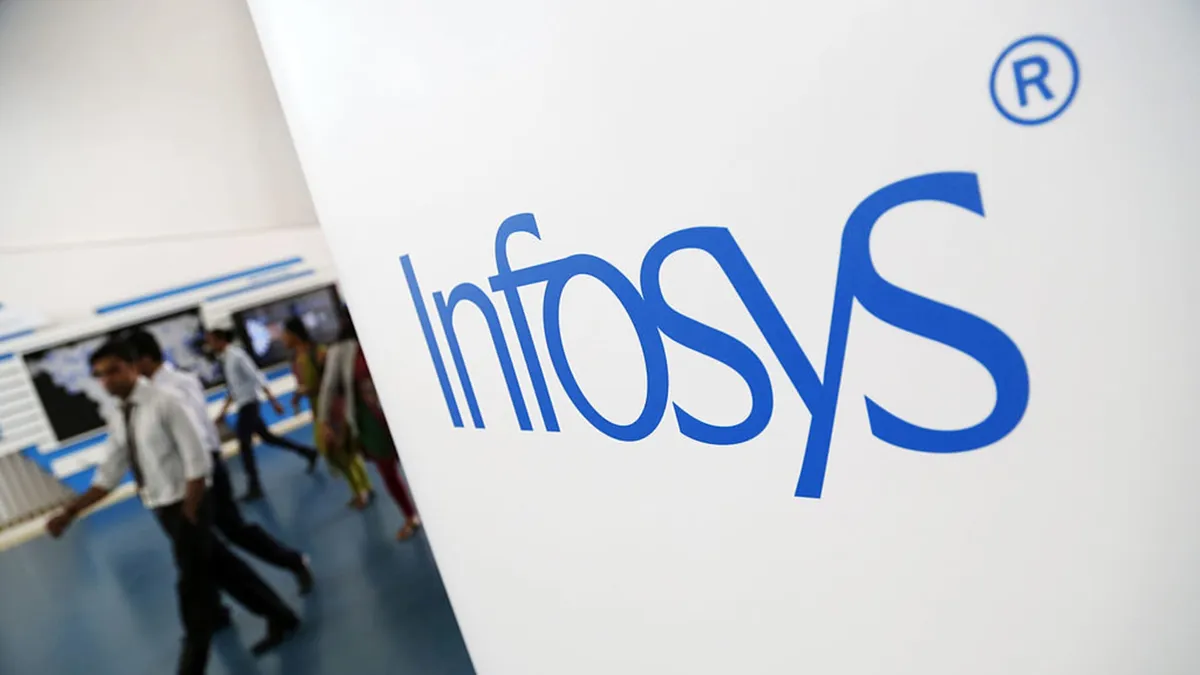
During a recent Saturday night dinner at a bar in Pittsburgh, Shubra Singh, an Indian biotech professional, found her evening overshadowed by significant news from the White House. Sitting with eight Indian friends, all tech professionals currently working in the U.S. on H-1B visas, the mood was tense as they focused on their phones, desperately seeking updates regarding U.S. President Donald Trump's latest decision to raise fees for H-1B visa applications.
Singh shared that their families back home in India were inundating them with various articles about the evolving H-1B visa situation. The anxiety among the group was palpable, particularly given that approximately 71% of H-1B visa holders in the U.S. are Indian nationals. In contrast, about 11.7% are from China. Trump's proclamation to increase H-1B visa fees to $100,000 has introduced a cloud of uncertainty over their employment prospects in the United States.
The backdrop to this unsettling news is the deteriorating relationship between the U.S. and India, marked by Washington's imposition of additional tariffs on Indian exports in response to India's continuing oil purchases from Russia. Following the announcement of the proposed visa fee hikes, shares of Indian IT companies fell sharply, reflecting the immediate market reaction to the U.S. work permit visa fee plans.
These changes could significantly impact companies in the technology and finance sectors that heavily rely on highly skilled immigrants from India and China. According to a note from Citi Research, if the proposed $100,000 visa fee for H-1B applications goes into effect, it will raise the operational costs for IT service providers and their clients in the U.S., likely squeezing profit margins.
Investors responded to the news by offloading shares of prominent Indian IT outsourcing firms, including Infosys, Tech Mahindra, Wipro, HCL Technologies, and Tata Consultancy Services. Smaller firms like Persistent Systems, Coforge, Mphasis, Firstsource Solutions, and Cyient also experienced declines in their stock prices, with losses ranging from 1.7% to 4.2% by 6:30 a.m. in London (1:30 a.m. ET).
This stock market response indicates that investors are anticipating a significant increase in the costs associated with hiring workers on H-1B visas. Analysts predict that IT firms may need to adjust their staffing strategies, which could include sending workers to near-shore centers in Mexico or Canada, replacing H-1B recruits with U.S. residents, or increasing the offshoring of work to India's expanding global capability centers.
Mphasis, an outsourcing firm, stated in a recent announcement, "Over the years, we have been steadily reducing our reliance on visas through increased local hiring, acquisitions, and partnerships. We are fully staffed for all existing client requirements and will operate in a business-as-usual mode." This suggests that despite potential challenges, these companies are taking proactive measures to mitigate the impact of the new visa policies.
JPMorgan's economist, Toshi Jain, also indicated that the effects of these changes would extend beyond the tech sector. He noted that a decrease in the number of new H-1B visa holders could lead to a reduction in remittances sent to India. Furthermore, Jain anticipates a decline in the number of Indian students choosing to study in the U.S. in the coming years, as the new $100,000 visa fee may serve as a substantial barrier to securing employment in the U.S. after completing their education.